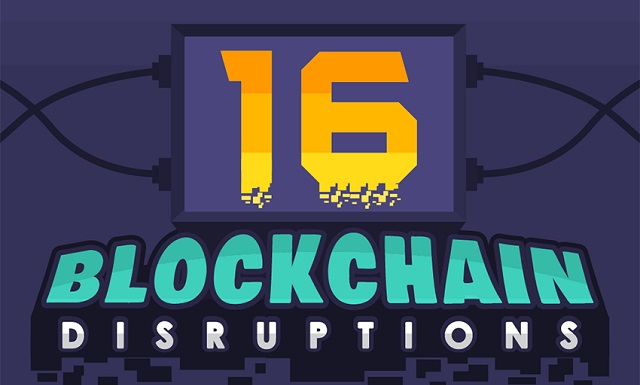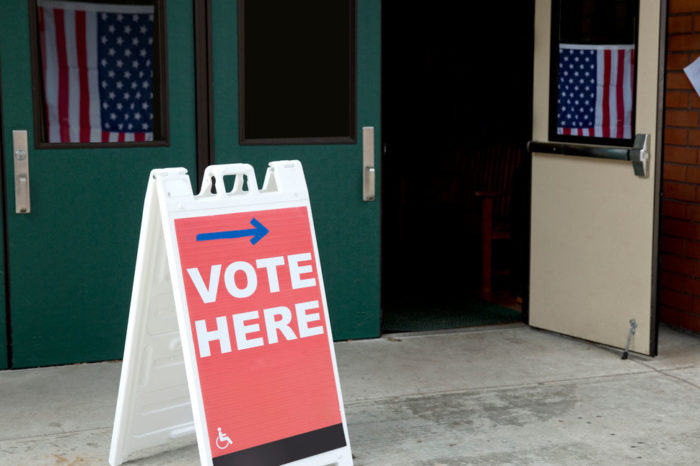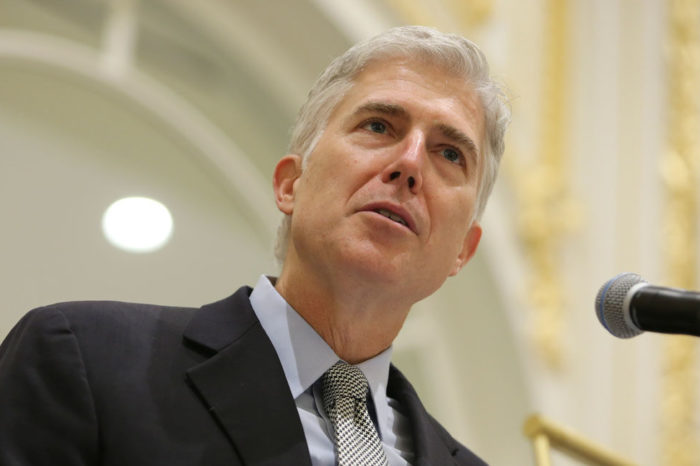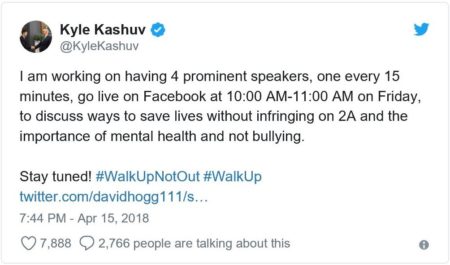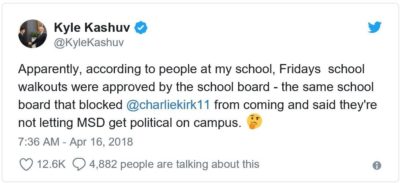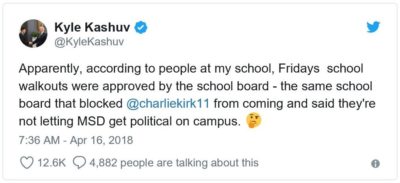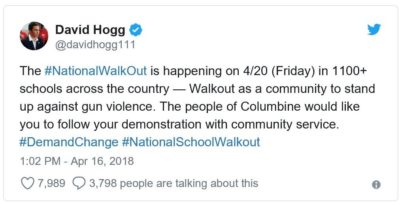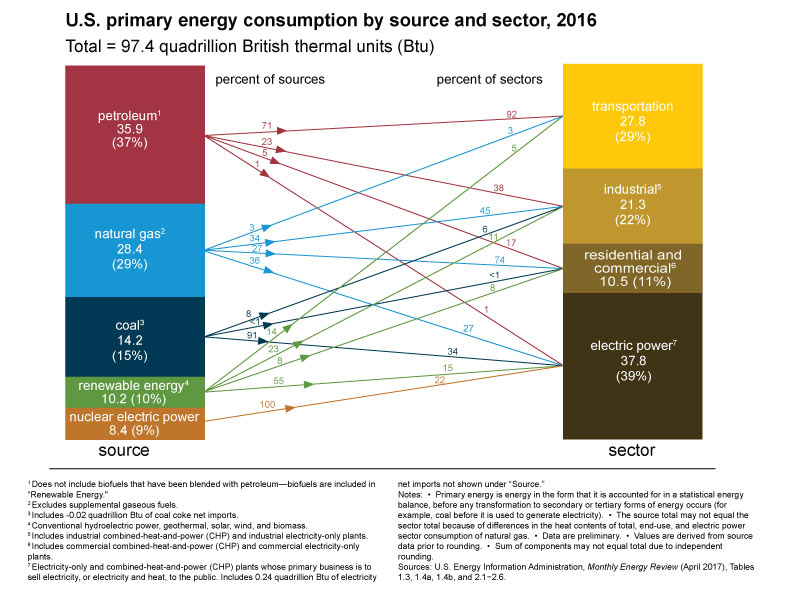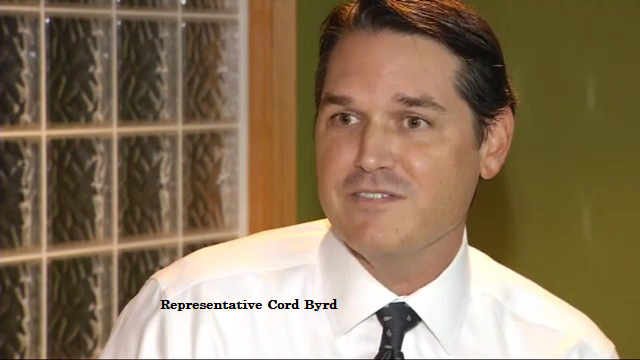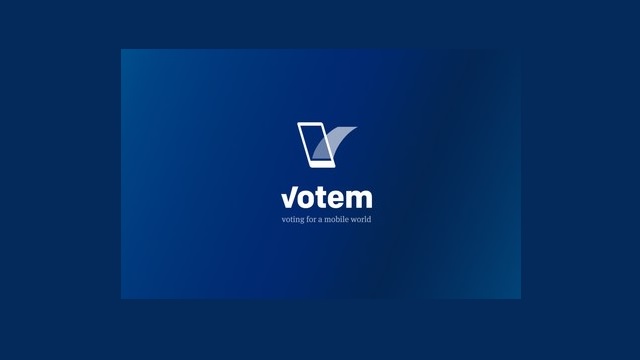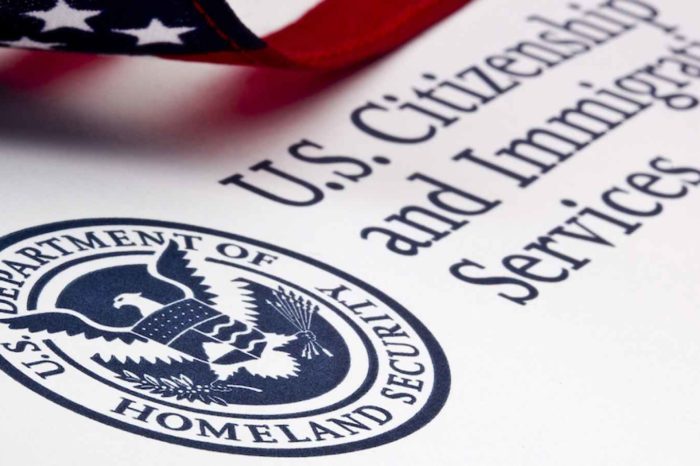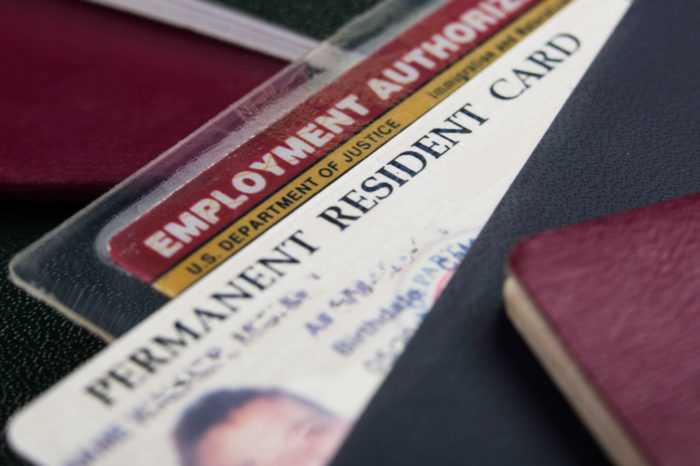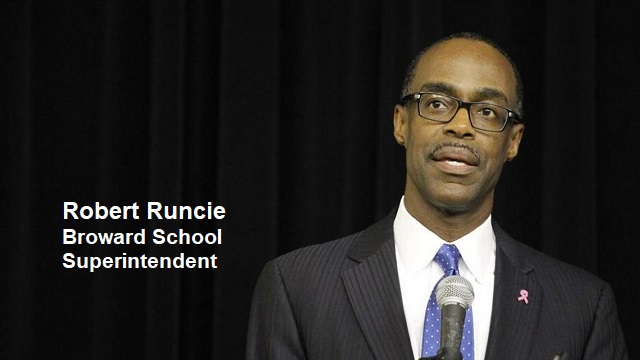If you take anything away from Justice Neil Gorsuch’s opinion concurring with the Supreme Court’s so-called “liberal” bloc in an immigration case this week, it should be his continued faithfulness to the rule of law and the separation of powers.
In Sessions v. Dimaya, Justice Elena Kagan wrote the court’s opinion—joined by Justices Ruth Bader Ginsburg, Stephen Breyer, Sonia Sotomayor, and in part by Gorsuch—holding that part of the Immigration and Nationality Act, which defines a “crime of violence” for purposes of removal proceedings, is unconstitutionally vague.
Gorsuch wrote a separate opinion expressing concerns about how vague laws can lead to the arbitrary exercise of governmental power.
Some media outlets and noted conservatives have suggested that Gorsuch’s opinion is surprising or misguided, ruling with the liberal justices and against the Trump administration. For example, a New York Post headline reads, “Gorsuch Sides With Liberal Justices in Supreme Court Immigration Vote.” And Mark Levin tweeted, “Gorsuch blows it, big time.”
Whatever you think of any immigration policies or other issues surrounding this case, one thing is clear: Gorsuch faithfully applied fundamental constitutional principles and upheld the rule of law.
In many ways, Gorsuch also carried on Justice Antonin Scalia’s legacy.
Consider what the law in this case required, and what Gorsuch wrote.
The Immigration and Nationality Act
Under the Immigration and Nationality Act, any alien who is convicted of an “aggravated felony” in the United States is subject to deportation, regardless of their ties to the country. Congress defined “aggravated felony” by a long list of specific offenses and offense types (at 8 U.S.C. §1101(a)(43)), one of which is “a crime of violence” punishable by imprisonment for at least one year.
Congress defined “crime of violence” elsewhere, in 18 U. S. C. §16, in part by stating that it includes any felony “that, by its nature, involves a substantial risk that physical force against the person or property of another may be used in the course of committing the offense.”
Only that provision, known as the residual clause, was at issue in this case.
But in order to figure out which convictions trigger that residual clause, the court assesses the presence of “substantial risk” by looking not at the facts of the case, or the elements of the crime, but to “the ‘nature of the offense’ generally speaking,” and asks this: Does “‘the ordinary case’ of [this] offense pose[] the requisite risk”?
Immigration judges held that James Dimaya, a Philippine native and lawful permanent resident, is deportable because he was convicted—twice—of first-degree burglary under California law. The government sought to remove Dimaya after his second conviction, and immigration judges found that first-degree burglary counts as a “crime of violence” under federal law.
Dimaya appealed to the 9th U.S. Circuit Court of Appeals, which ruled that the “residual clause” is unconstitutionally vague.
The 9th Circuit relied in part on Johnson v. United States, a 2015 opinion that the Supreme Court published while Dimaya’s appeal was pending.
In Johnson, the court struck down part of the definition of “violent felony” under the Armed Career Criminal Act on vagueness grounds.
That law increased the sentence of a defendant convicted of being a felon in possession of a firearm if he had three or more previous “violent felony” convictions, which includes any felony that “involves conduct that presents a serious potential risk of physical injury to another.”
Scalia wrote the majority opinion for the court in that case, joined by Chief Justice John Roberts, Ginsburg, Breyer, Sotomayor, and Kagan.
Scalia concluded that the residual clause left “grave uncertainty about how to estimate the risk posed by a crime,” and further “uncertainty about how much risk it takes for a crime to qualify as a violent felony.” Rather than make up those aspects of the law himself, Scalia chose instead to send Congress back to the drawing board.
For that, Scalia’s opinion advanced the rule of law and the separation of powers.
Gorsuch’s Concurring Opinion
In his concurring opinion this week in Dimaya, Gorsuch provided thorough reasoning for a narrow conclusion: that “to the extent it requires an ‘ordinary case’ analysis, the portion of the Immigration and Nationality Act before us fails the fair notice test for the reasons Justice Scalia identified in Johnson.”
Gorsuch’s concern in Dimaya was, like Scalia’s in Johnson, a fundamentally conservative one: hostility to vague laws and arbitrary power.
Gorsuch wrote that “vague laws … can invite the exercise of arbitrary power … by leaving the people in the dark about what the law demands and allowing prosecutors and courts to make it up.” Gorsuch explained:
[T]he Immigration and Nationality Act requires a judge to determine that the ordinary case of the alien’s crime of conviction involves a substantial risk that physical force may be used. But what does that mean? Just take the crime at issue in this case, California burglary, which applies to everyone from armed home intruders to door-to-door salesmen peddling shady products. How, on that vast spectrum, is anyone supposed to locate the ordinary case and say whether it includes a substantial risk of physical force? The truth is, no one knows.
Gorsuch gave the following examples of the confusion that results from the “ordinary case analysis”:
Does a conviction for witness tampering ordinarily involve a threat to the kneecaps or just the promise of a bribe? Does a conviction for kidnapping ordinarily involve throwing someone into a car trunk or a noncustodial parent picking up a child from daycare? These questions do not suggest obvious answers.
Because the statute “leaves judges to their intuitions and the people to their fate,” Gorsuch wrote, “the Constitution demands more.”
And Gorsuch explained exactly why that is.
Looking to history, Gorsuch cited early American court cases and turned to the Federalist Papers for the principle that “[w]ithout an assurance that the laws supply fair notice, so much else of the Constitution risks becoming only a ‘parchment barrie[r]’ against arbitrary power.”
And Gorsuch discussed exactly how vague laws might jeopardize other constitutional rights.
“Take the Fourth Amendment’s requirement that arrest warrants must be supported by probable cause,” Gorsuch wrote, “and consider what would be left of that requirement if the alleged crime had no meaningful boundaries.”
Finally, Gorsuch observed precisely how vague criminal laws undermine the separation of powers.
Only Congress may enact law, but if Congress writes vague statutes, Gorsuch wrote, then it leaves judges, prosecutors, and police “free to ‘condem[n] all that [they] personally disapprove and for no better reason than [they] disapprove it.’”
Thus, to “keep the separate branches within their proper spheres,” Gorsuch wrote, is “the more important aspect” of the vagueness doctrine.
And that is the most important aspect of Gorsuch’s opinion in Dimaya.
To judge how individual justices vote in particular cases in relation to one another, without regard to the substance of their opinions, unjustifiably politicizes the judiciary.
Dimaya is interesting not because of how the justices voted in relation to one another, but because of how the justices—especially Gorsuch and Justice Clarence Thomas—debated legal history and precedent, and did so respectfully.
Yes, the other conservative justices all dissented. Roberts dissented, joined by Thomas and Justices Anthony Kennedy and Samuel Alito, arguing that, unlike the law in Johnson, the statute at issue in this case was not vague.
Thomas also wrote a separate dissent, joined by Kennedy and Alito, challenging Gorsuch on the merits of the vagueness doctrine.
And yes, Gorsuch’s opinion is not what the government hoped for in this case.
The government had pointed to the executive’s “considerable constitutional authority” in immigration and foreign affairs but, as Gorsuch wrote, “to acknowledge that the president has broad authority to act in this general area supplies no justification for allowing judges to give content to an impermissibly vague law.”
Now, Congress can go back to the drawing board and draft a more precise law.
Gorsuch’s opinion has explained why that is a job for Congress, echoing his prior statements on the role of the judge: “to put aside their personal politics and preferences to decide cases and to follow the law and not try and make it.”
And by echoing Scalia’s opinion in Johnson, this case also illustrates how Gorsuch carries Scalia’s legacy.

John-Michael Seibler is a legal fellow in the Edwin Meese III Center for Legal and Judicial Studies at The Heritage Foundation. Twitter: .
EDITORS NOTE: The Daily Signal depends on the support of readers like you. Donate now. The featured image of Justice Neil Gorsuch is by Oliver Contreras/Sipa USA/Newscom.


